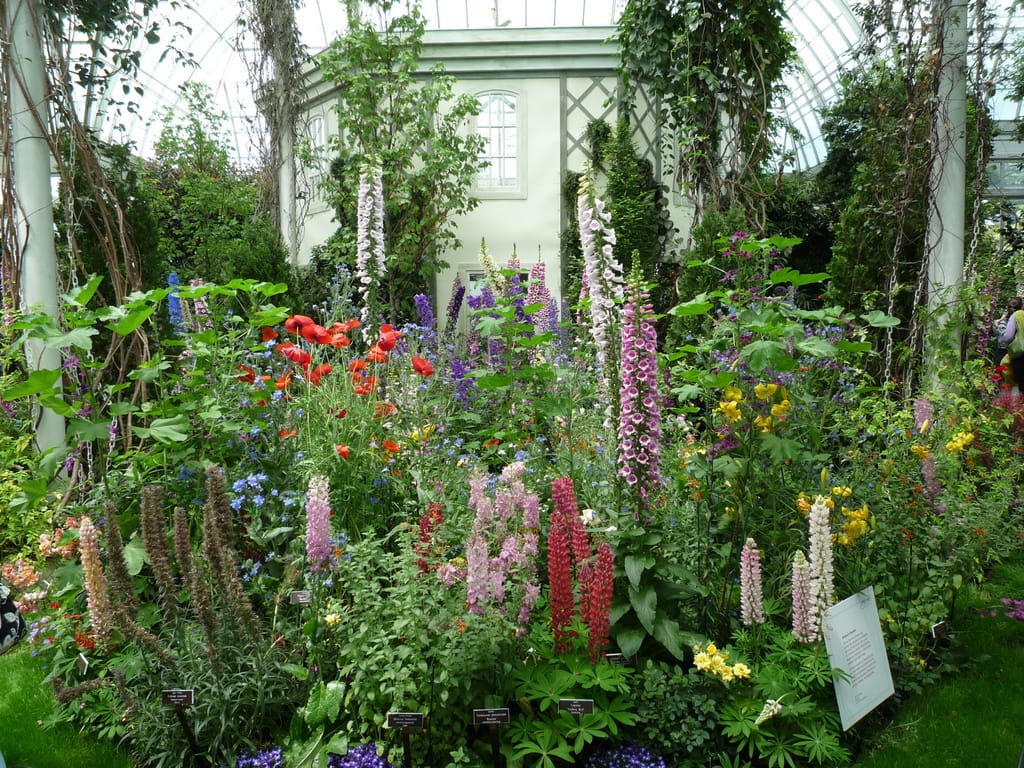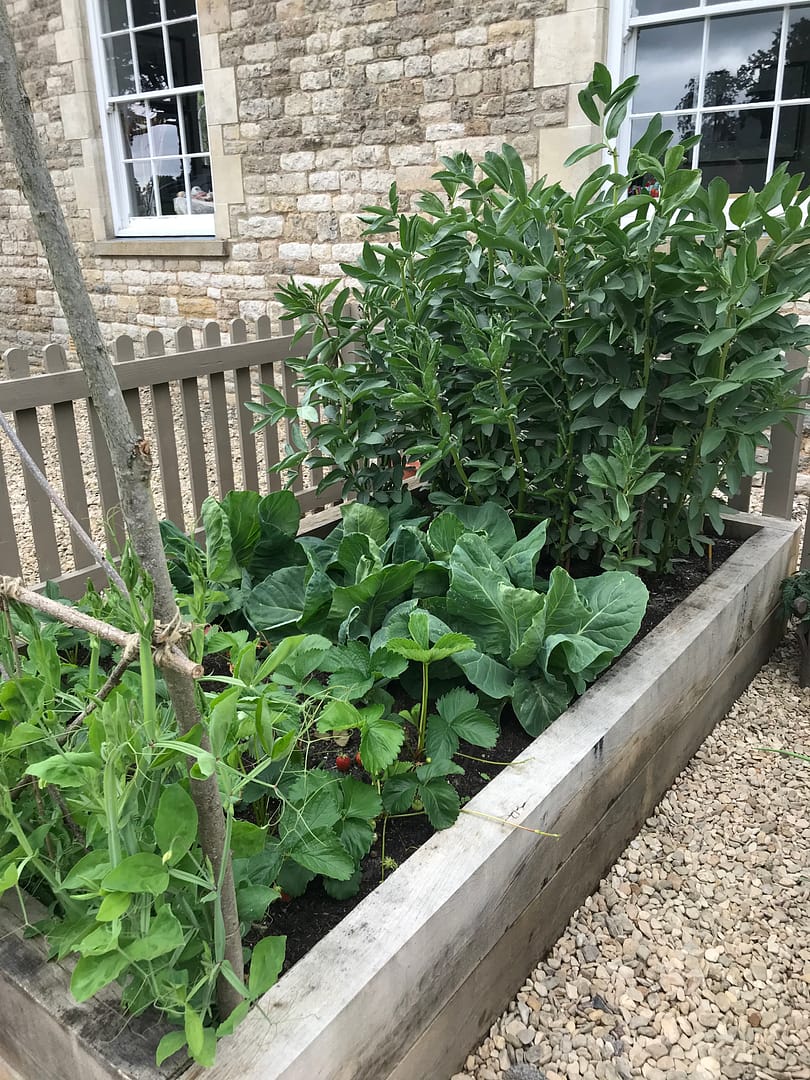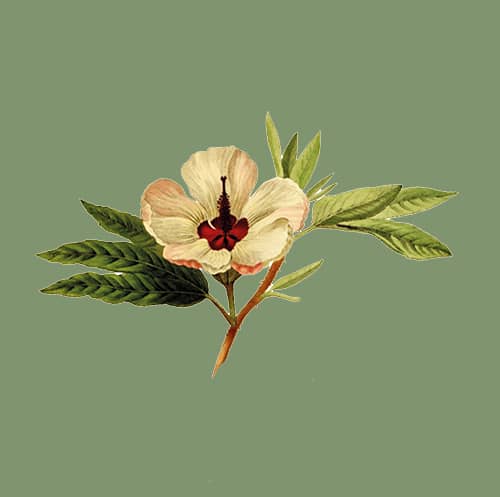Charles Darwin is celebrated worldwide for his ground-breaking contributions to the theory of evolution, but his botanical legacy often takes a backseat to his more famous scientific achievements.
However, Darwin’s passion for plants and his meticulous botanical studies played a significant role in shaping his theories of evolution and natural selection. In this article, we’ll delve into Charles Darwin’s botanical legacy, exploring his fascination with plants, his groundbreaking research, and the lasting impact of his botanical discoveries.


Ground-breaking Research:
Darwin’s work on plant fertilisation, pollination, and flower roles in attracting insect pollinators set the stage for modern plant biology. “On the Origin of Species” revolutionised biology, highlighting evolution through natural selection’s importance in species survival, including plants.
These discoveries on plant fertilisation, pollination, and flower significance continue to influence garden and landscape design. Recognising plants such as buddleias and lavenders attract bees and butterflies, which is now more important than ever.
At The Oxfordshire Gardener we pride ourselves on the encouragement and continued nurturing of the gardens we design, and nurture with our care packages.
Our in-house knowledge on all things horticulture help to ensure any investment within your gardens. This is something that we take great pride in. Sourcing the best quality plants allow us to give the garden the best start, and the option of ongoing care throughout the seasons ensure those plants encouraged, nurtured, pruned at the opportune time of year to allow it to flourish.
The Legacy of Darwin’s Botanical Discoveries
Beyond science, Darwin’s plant passion and advocacy for botany inspire appreciation for nature’s beauty and complexity. A reminder that nature and humanity can work together, encourage and work in harmony.
Darwin’s botanical legacy reflects his insatiable curiosity and pioneering spirit. His research expanded natural world understanding, revolutionised biology, and reshaped our perception of the universe.
Clearly Darwin had a passion for all life. His gardens at Down House based near Orpington, in Kent serve in particular a living reminder of his footprint on the world. His knowledge and passion for his garden are clear. Now open to the public, you can visit and explore the house, extended gardens and grounds. Why not plan a visit and let yourself be inspired?

So, how can we incorporate what we learn from these historical landscapers?
The seeds that have been sown
Here at The Oxfordshire Gardener we find it important to pay homage to these historical and influential landscape and designers.
‘The true meaning of life is to plant trees, under whose shade you do not expect to sit’. Charles Darwin, Harold Peto, Humphry Repton, and many more have made discoveries that have paved the way in which we still design and nourish our landscapes.
Those discoveries made by Darwin regarding pollination help ensure our gardens flourish. Our team of expert horticulturists, landscape and designers can also help to guide you in every corner of your garden to ensure it’s full potential.
Applying Darwin Principles to Kitchen Gardens
Darwin’s studies on plants have shed light on the intricate relationships that exist within ecosystems. His observations of how different plant species coexist and benefit from each other’s presence laid the foundation for concepts like companion planting, a technique utilised in our kitchen gardens.
Companion planting, a practice that involves growing certain plants together to enhance growth, deter pests, and improve yields, aligns with Darwin’s principles of mutualism and symbiosis in nature. By strategically selecting plant combinations based on their complementary characteristics, we can emulate the symbiotic relationships observed in natural ecosystems, ultimately fostering healthier and more resilient garden environments.

Have you read any of our other articles about historical landscapers? Click here to read more about those who have paved the pathway to landscape and design.
Or, maybe you’re considering installing your very own Kitchen Garden?


